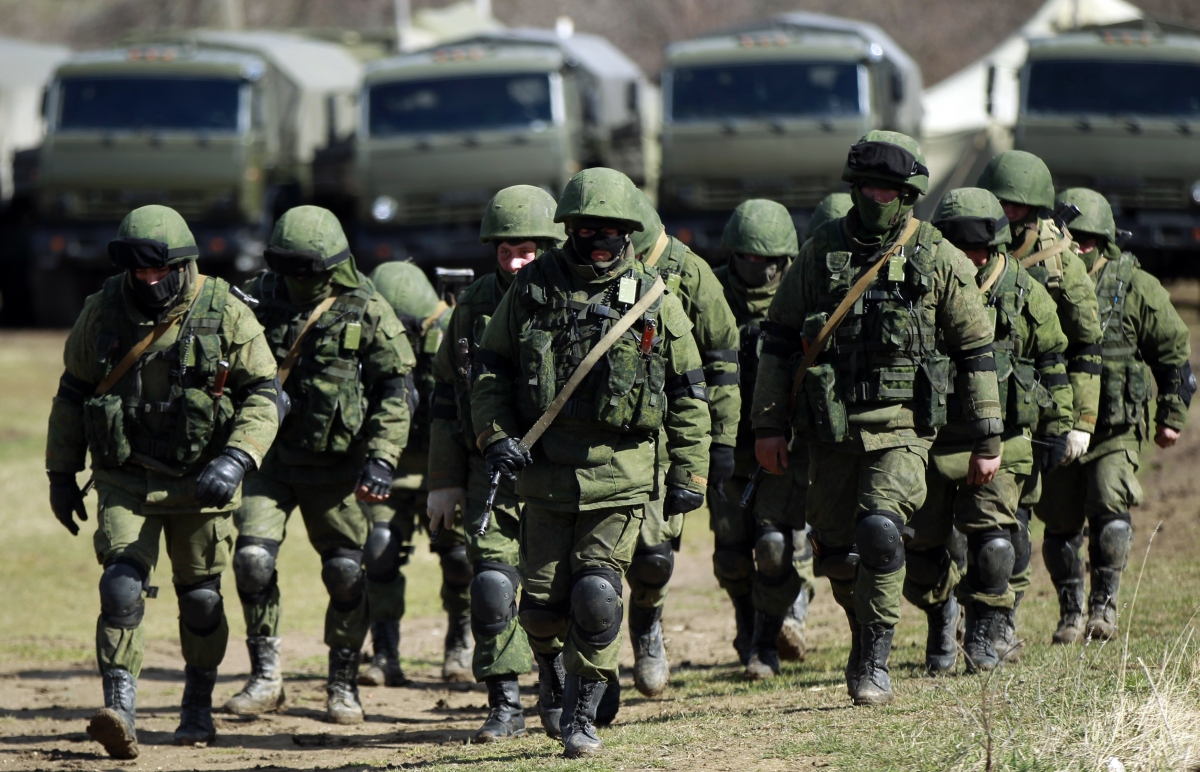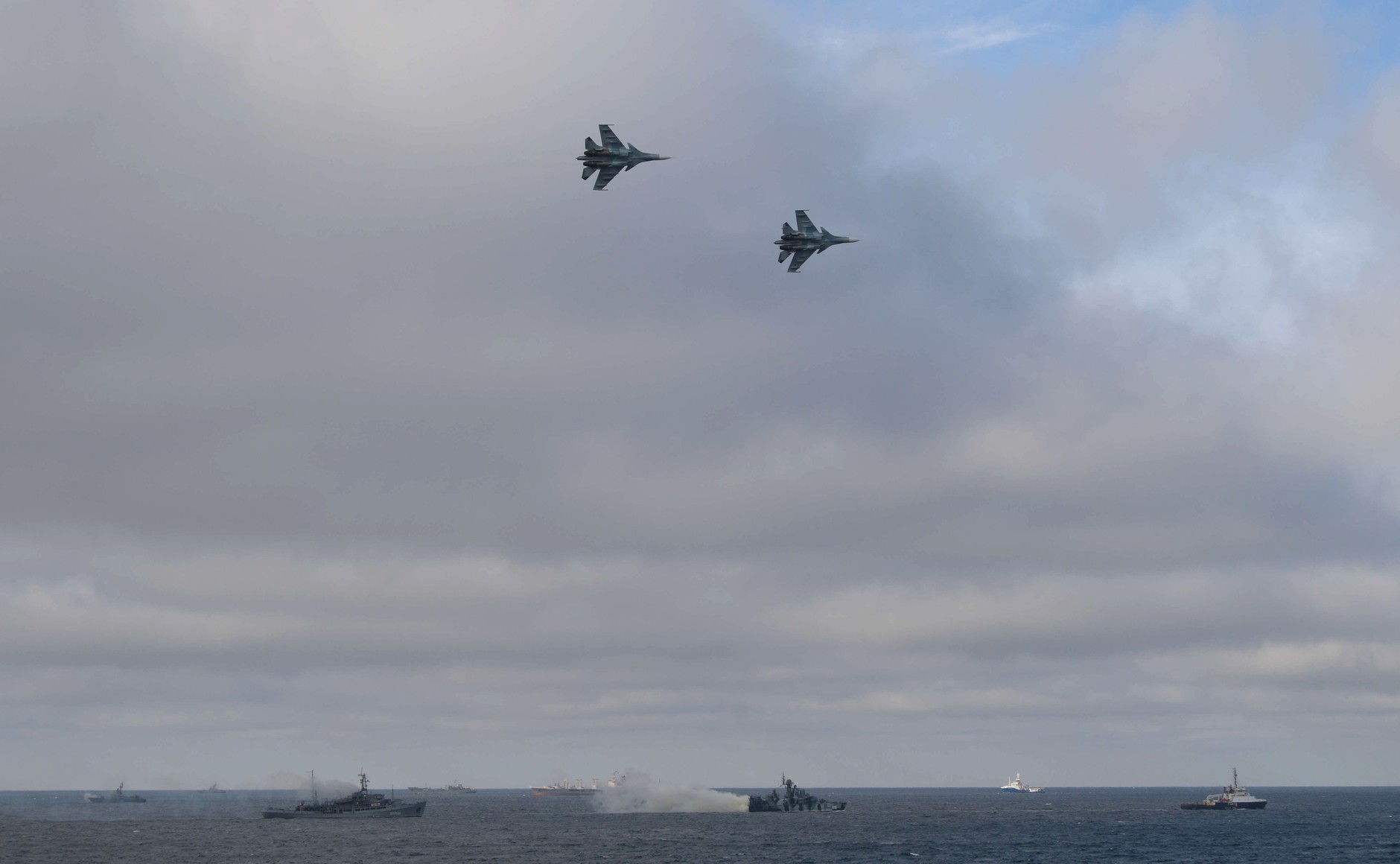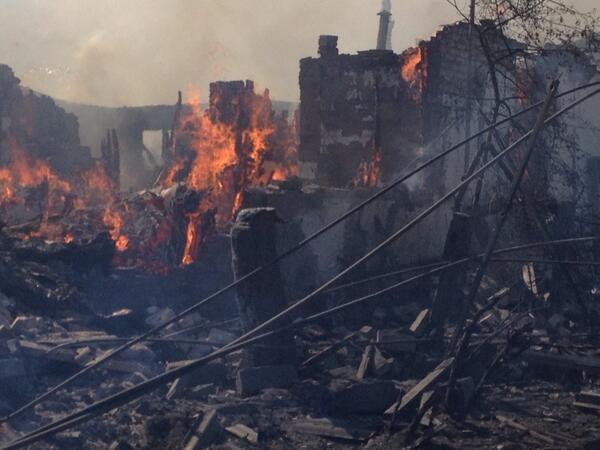The main reason Vladimir Putin invaded Crimea and the Donbas, Aleksandr Shmelyev says, is that he feared that the ideas that had animated Ukrainians at the time of the Maidan would spread into Russia and become the basis of a similar challenge to himself. To prevent that, he acted as he did so as to alienate the two nations from each other.
As a result, the former Vzglyad editor and longtime Putin critic says, Russians and Ukrainians viewed each other as the enemy and any contacts between them that might have been the way “Ukrainian” ideas would spread into Russia were effectively blocked.
That rather than simply presenting himself as the latest “ingatherer of the Russian lands” or thumbing his nose at the West, Shmelyev continues, explains why Putin has done what he has done in the way that he has because his goal at all times is to defend his position lest being forced out of it he might be charged with an enormous number of crimes.
“I am certain,” he continues, “that this was the first and main motive behind everything that followed: The task was to get the two peoples into a fight with each other.” To that end, Putin was prepared to use all kinds of propaganda and to engage in massive acts of violence against Ukrainians.
And he did everything he could to ensure that “as a result of the war, Ukraine would not be able to become an attractive example for Russians.”
That should have been clear to everyone when he orchestrated the blowing up of apartment blocks in Moscow in 1999, Shmelyev says. And they should also have recognized that Putin doesn’t seem himself opposed to the West as he understands it. In his view, all democratic institutions in the West “are merely decorations as they are in Russia,” but “better hidden.”
Given this, the analyst continues,
The people do not really support it: they seek “escape” from politics and only want to survive. But those around Putin who have been infected by his values back him as a matter of survival.
They too can’t afford for him to leave because they know that once he goes so will they as Russian then will have to come up with a new system with new rules of the game.
Read More:
- Chronology of the annexation of Crimea
- How falling for Putin’s Crimea narrative will feed Russian expansionism
- Putin’s export of corruption — a key part of his hybrid war against the West, Babchenko say
- Northern Kazakhstan likely to be Putin’s next target for aggression
- Putin’s preparations for war reflect total bankruptcy of his system, Melnikov says
- Portnikov: Putin has four Donbas scenarios and will choose worst one for Ukraine








